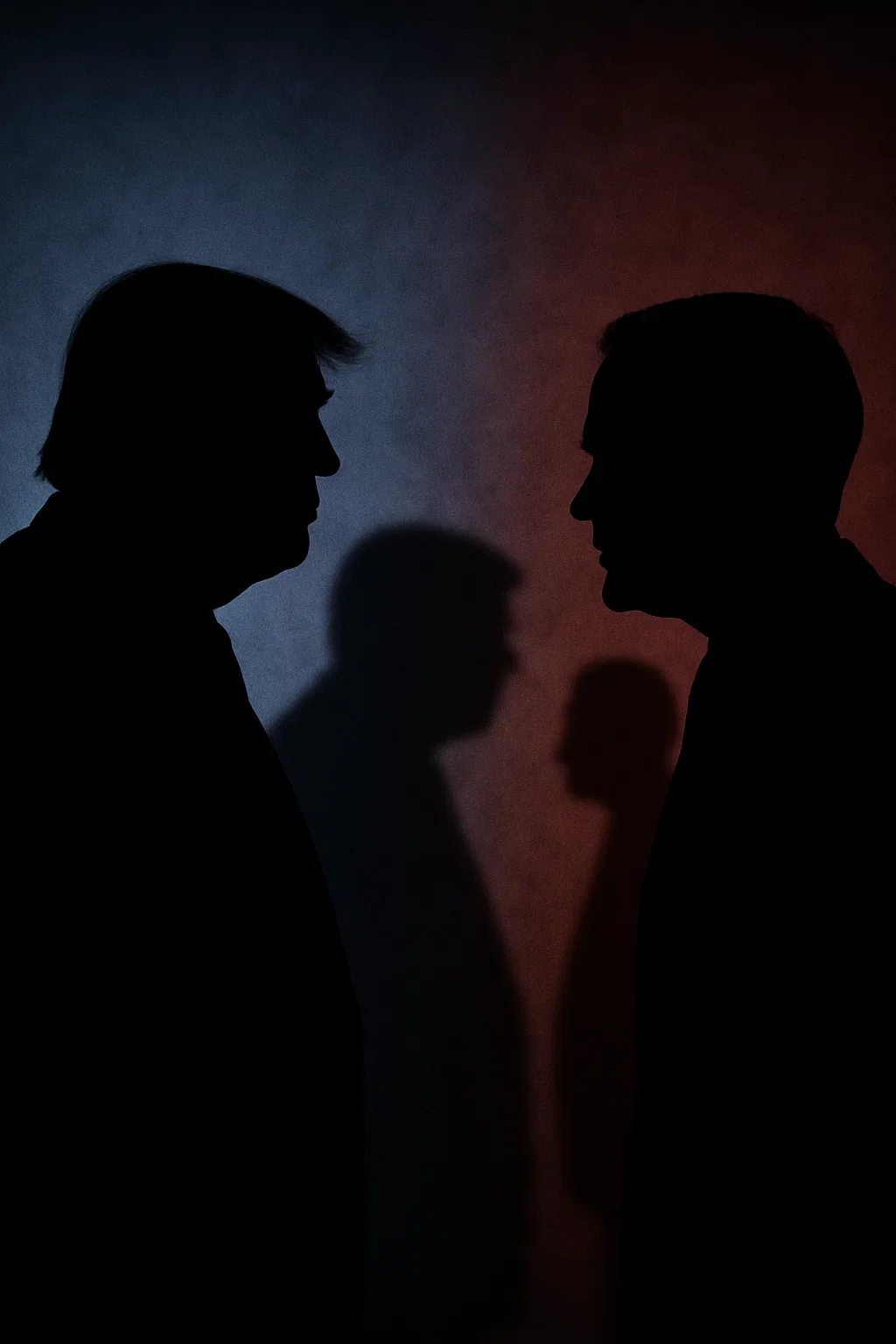Trump’s Tariffs Might Be Canada’s Best Opportunity in Years
While Trump lashes out at allies and unravels global trade, Canada is quietly seizing the moment to build new alliances, attract top talent, and rewrite its role in the world.
This past week, we witnessed a flurry of haphazardly applied tariff threats against a multitude of countries, including Canada, Japan, Brazil, and the European Union - for a myriad of creative but ultimately arbitrary reasons. Canada, in particular, is now facing tariffs under the accusation that it has failed to control the flow of fentanyl into the United States. This comes despite the fact that Canada has already invested over $1 billion in border security, leaving it unclear what, exactly, would satisfy the Trump administration’s ever-shifting demands. What is clear, however, is that these moves are designed less as coherent trade policy than as an extension of the president’s personal agenda—or perhaps his emotional state. Trump is now facing an increasingly critical and fragmented political base, and these actions may represent a desperate bid to shift the media narrative—something that has always been his top priority.
The tariffs are not strategic; they are performative. Take Cambodia, for example, a country where the average monthly income is under $500 USD—which has now been slapped with a 35% tariff across all exports. Cambodia is being steamrolled into buying more American goods under the guise of “fair trade.” But these blanket tariffs are not rooted in economic logic. They are designed to project the image of a strongman negotiator wringing concessions from every corner of the globe. In reality, they disregard the economic capacity of the partner country, the structural asymmetry of trade relationships, and the basic principles of mutual benefit that underpin functional diplomacy. This isn’t statecraft—it’s stagecraft.
Canada, for its part, just withdrew a proposed digital services tax under direct pressure from the United States, which had threatened retaliatory tariffs on Canadian goods outside of the USMCA framework. The move was framed as a gesture of goodwill and an attempt to show openness to fair negotiations. After all, Canadian consumers pay billions to American tech giants—companies that extract enormous value from our markets yet contribute virtually nothing in taxes to our public systems.
But you know the saying… give an inch, and they’ll take a mile.
Prime Minister Mark Carney may now understand that Trump does not reward concession. He has shown, time and again, that he only responds to actions that directly serve his image and the narrative he’s building. Columbia University learned this the hard way. After complying with Trump’s unprecedented demands - under the threat of losing federal funding, the university received little in return. Their frozen federal grants remain unreleased, and worse, the institution has suffered a blow to its reputation as a progressive powerhouse and cradle of social movements. Columbia’s capitulation has cost its credibility as a trailblazer in both social progress and academic independence.
Harvard, by contrast, chose resistance. Rather than comply, the university mounted a legal challenge to the administration’s attempt to freeze over $2 billion in federal research funding, arguing that the cuts violated its constitutional and institutional autonomy. By litigating instead of yielding, Harvard has preserved its unassailable reputation and may yet secure a more favorable long-term position as the case makes its way through the courts.
Carney is now in a difficult position, but one he appears to be handling with remarkable acuity. While these arbitrary tariffs are a painful and unjust burden for Canadian businesses, they also represent a rare and potent opportunity. Having an unreliable southern neighbor that happens to be the global hegemon creates a stark and opportunistic contrast for Canada. This is a pivotal moment to deepen ties with both allies and former adversaries. China, despite its historically fraught relationship with Canada, is now in discussions for enhanced trade cooperation. Canada previously imposed steep tariffs on Chinese electric vehicles to protect its auto industry, an industry deeply entangled in the supply chain of American car brands. But that loyalty, once seen as pragmatic and fruitfull, is proving neither reliable nor sustainable. Now, out of necessity, Canada is being pushed to diversify.
Carney has already met with UK officials in pursuit of new trade agreements and with President Ursula von der Leyen to explore additional opportunities with the European Union. These engagements reflect a strategic effort to restructure Canada’s trade relationships and reduce its reliance on an increasingly unpredictable United States.
This moment also presents a cultural and academic inflection point, particularly as intellectual capital begins to shift northward. Professors from Ivy League schools are already migrating to Canadian institutions, citing political interference and rising anti-intellectualism in the U.S. Brilliant students may follow, especially as visa appointments are cancelled arbitrarily and the U.S. signals hostility toward international talent. Financial markets, too, respond to stability - not volatility- and Canada increasingly looks like the stable and sensible alternative.
Trump has already threatened more punitive tariffs if Canada and the EU forge trade deals that exclude the United States. But since he is already applying tariffs indiscriminately and seems to believe they are a panacea for all perceived threats, there is no strategic advantage to restraint. Canada should press forward, boldly. This is a rare chance to build a robust, independent framework for capital gains taxation, domestic investment in tech, and accessible financing for Canadian startups. Trump, perhaps unwittingly, is dismantling American dominance on the global stage, and in doing so, is offering the rest of the world an open invitation to operate and grow without them.
Whether Canada seizes the moment or squanders it will define its global stature for decades to come.


